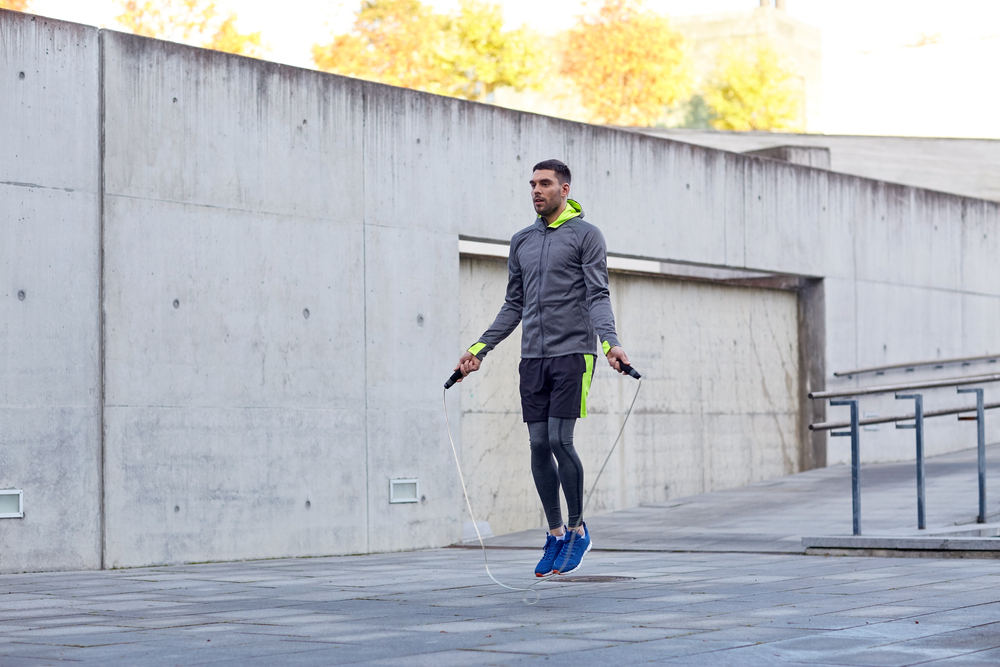Addiction Treatment
What Does Physical Fitness Have to Do with Sobriety?

Written By:

Table of Contents
What Does Physical Fitness Have to Do with Sobriety?
Addiction can lead to lots of challenges for people, including physical health. Alcohol and drugs are poison to the system. They interrupt the body’s natural processes and impact the brain in negative ways. It can take up to one full year for the body to restore itself to a place of health and wellness following excessive drug or alcohol use. Physical fitness is important to restoring a person’s overall well-being in recovery.
Why it Matters
Many people who come to an addiction center may already be working out or exercising in some form. However, people are all different and some are not excited to work out and get fit. Addiction is a cycle of abuse and typically exercise is the last thing on their minds, unless exercise is the addiction. For all other people, it can take some time to get back into working out in recovery.
How Fitness Works
Addiction impacts the whole body, mind, and soul. Many people address these aspects of treatment but neglect physical fitness and getting healthy. People typically can exercise to support their recovery if it is done in the right way, with the right mindset. Some of the ways it helps include:
- Easing depression. It is common for people in recovery to struggle with addiction. It interrupts the brain’s neurobiology and leads to a reduction in the production of the brain’s chemicals. Walking, running, biking, and swimming all help release serotonin and dopamine to combat depression
- Exercise helps ease anxiety. Anxiety is a common symptom of Post-Acute Withdrawal Syndrome (PAWS). This can disrupt healthy sleep and lead to loss of productivity. Having anxiety makes it difficult to carry out even the most basic tasks. Engaging in the practice of physical fitness activities helps reduce anxiety.
- Physical fitness can boost self esteem. When people feel better about themselves, they are more likely to take care of themselves. When they focus on self care, they are able to enjoy life more, including recovery.
- Relapse prevention is a great tool in recovery with health at the forefront. Getting exercise releases anxiety, lowers stress, and supports long-term sobriety. People who feel insecure may be more likely to isolate themselves and not feel good about their recovery, leading to relapse.
Find a form of exercise that works for your body. Get moving, walking, rollerblading, hiking, salsa dancing. There are any number of activities to do that can help build physical fitness. Get the heart rate up, endorphins working and create space for physical fitness and see how much it helps sobriety.
The Last Resort provides a safe, supportive environment for men in a retreat-like setting. Nature is an important component of recovery and healing. We strive to provide a place of enrichment that cultivates the inner as well as the outer journey of recovery. However you find your way to the Last Resort, we endeavor to provide a haven where you can journey through recovery feeling like your life and story have meaning and a purpose. Call us to find out more: 512-750-6750.
